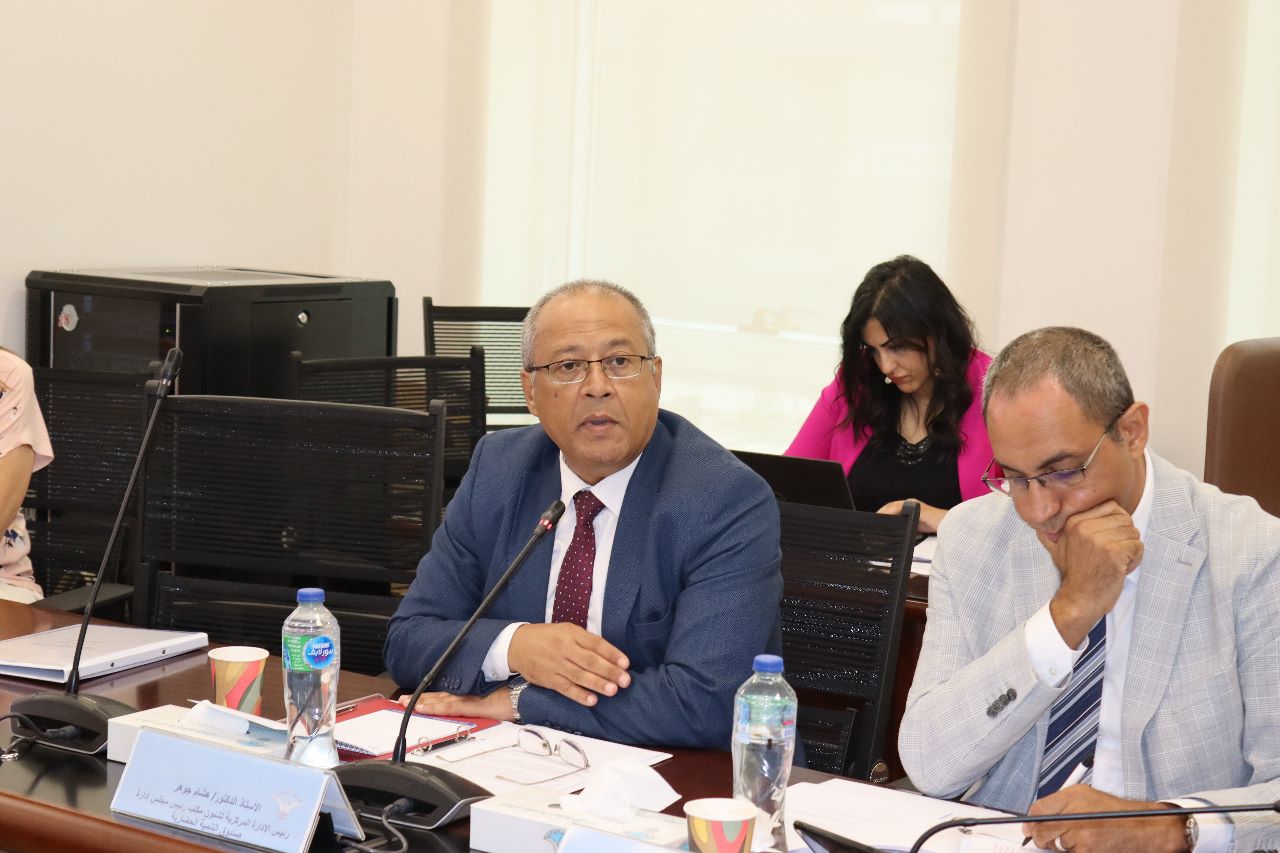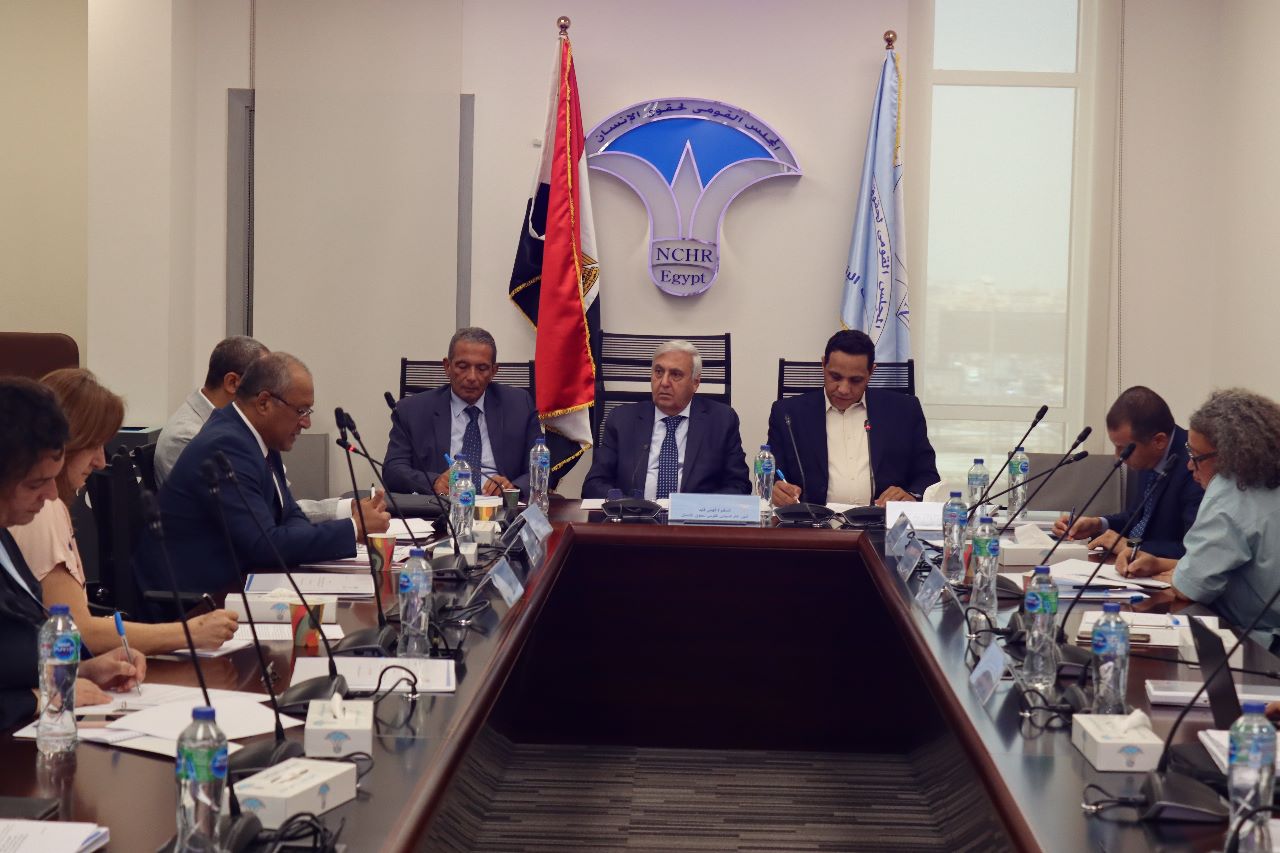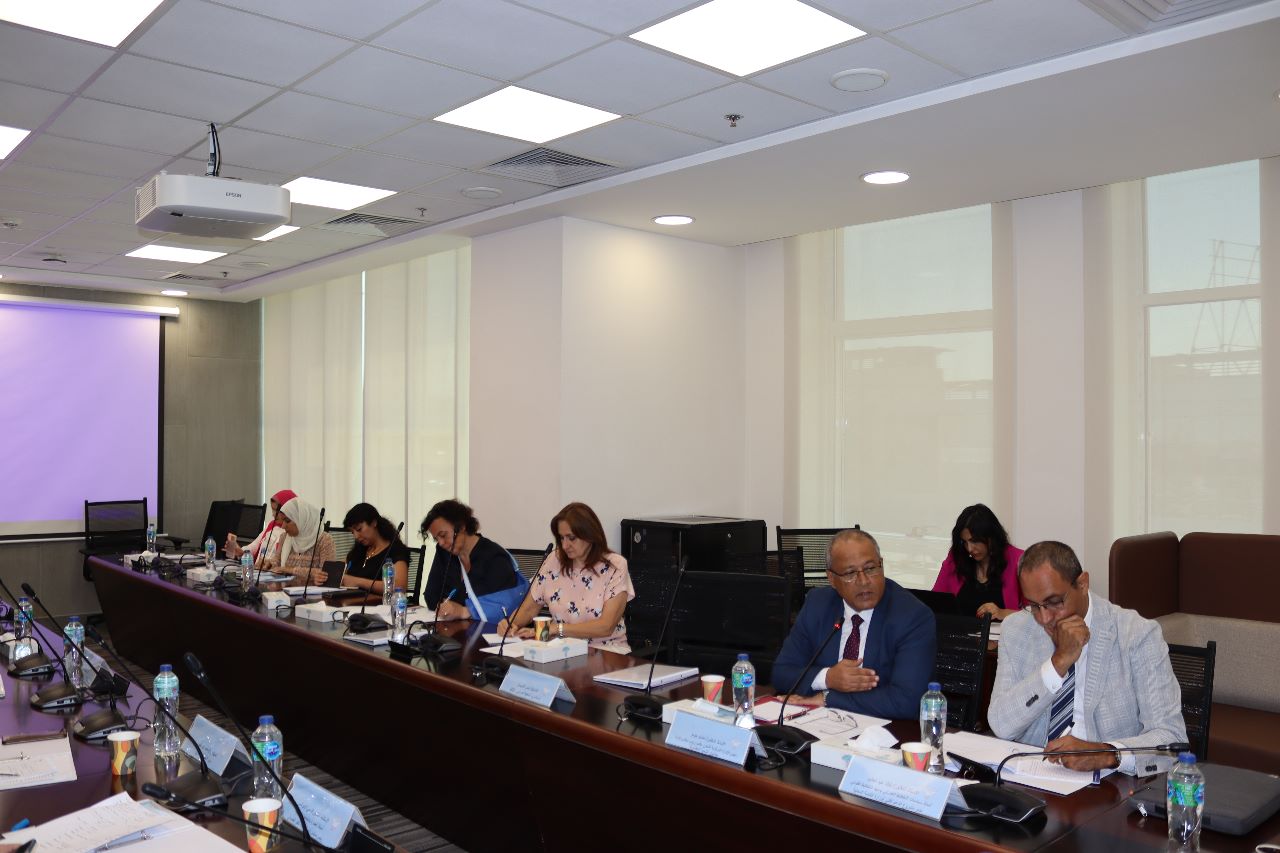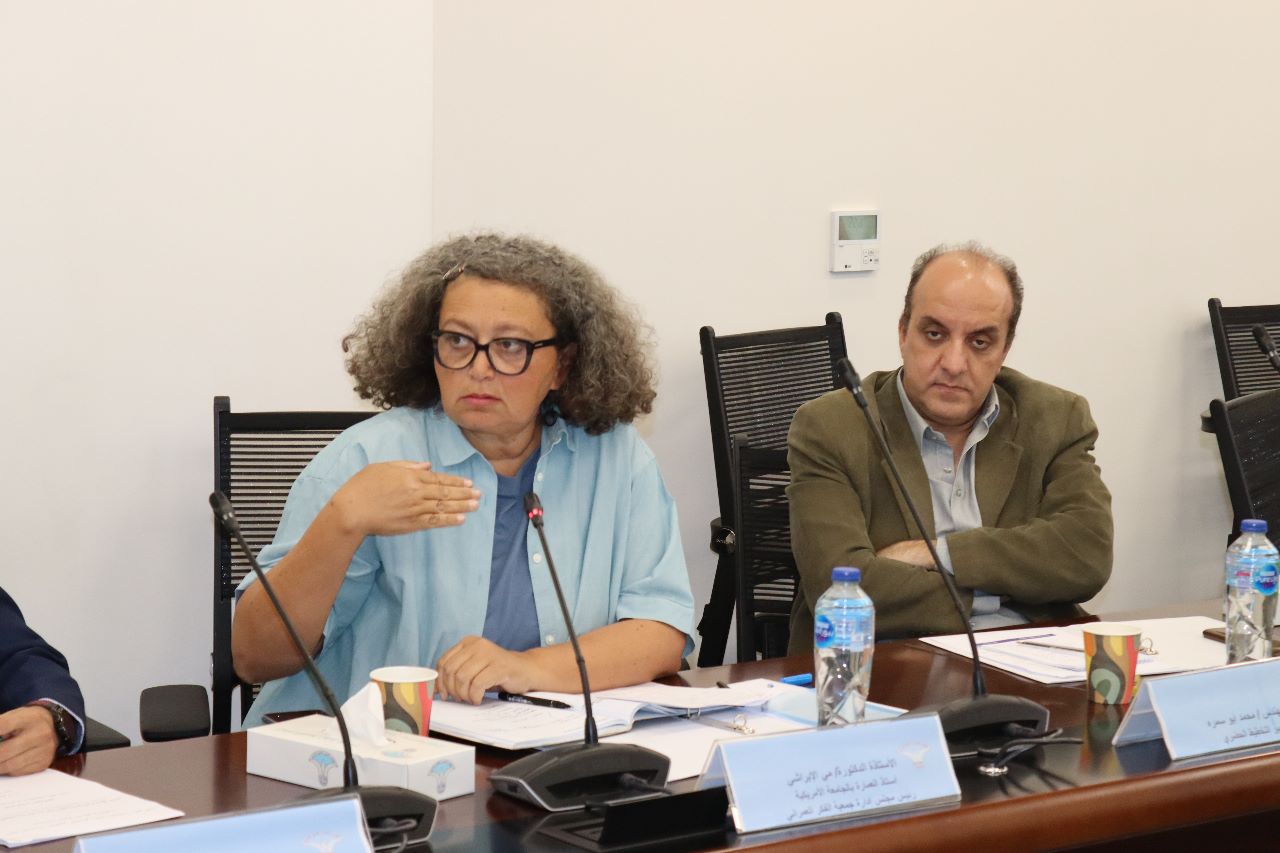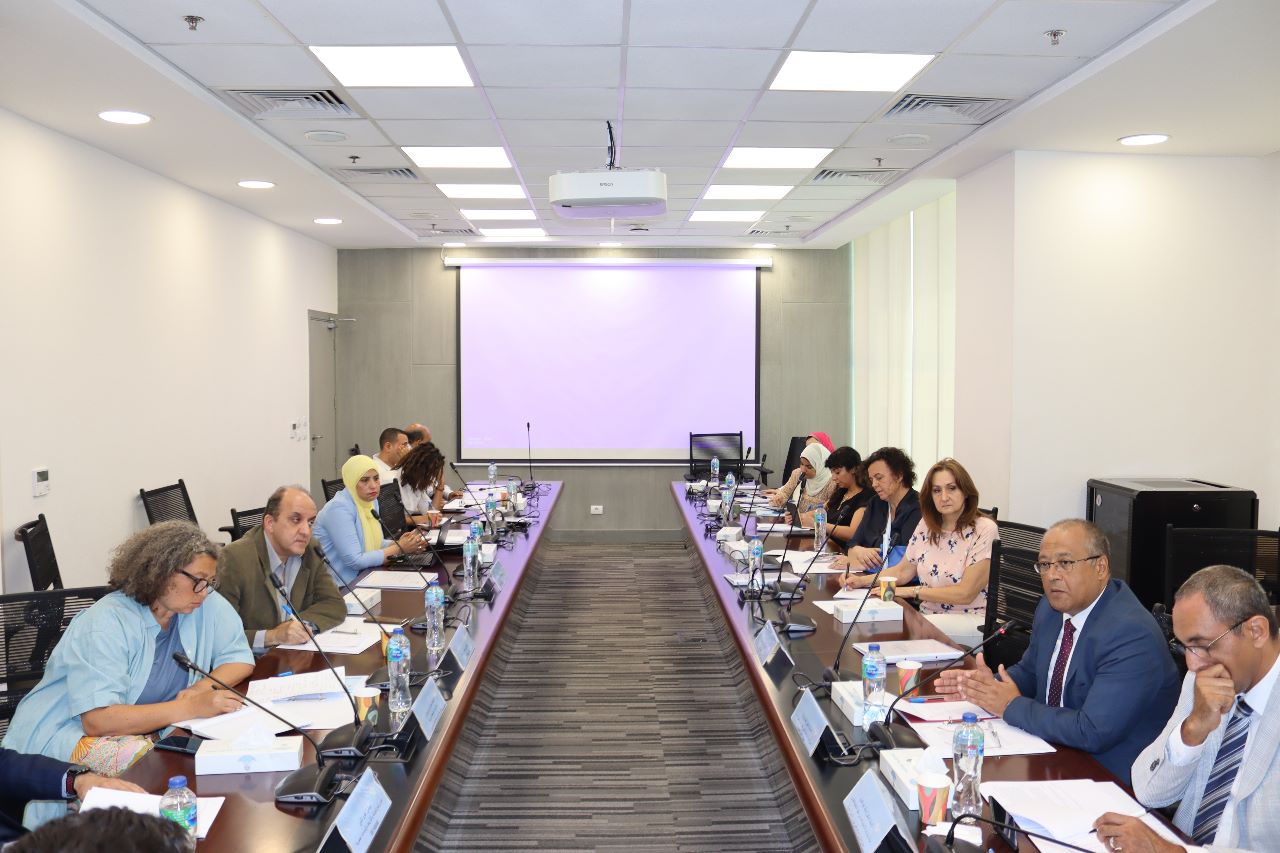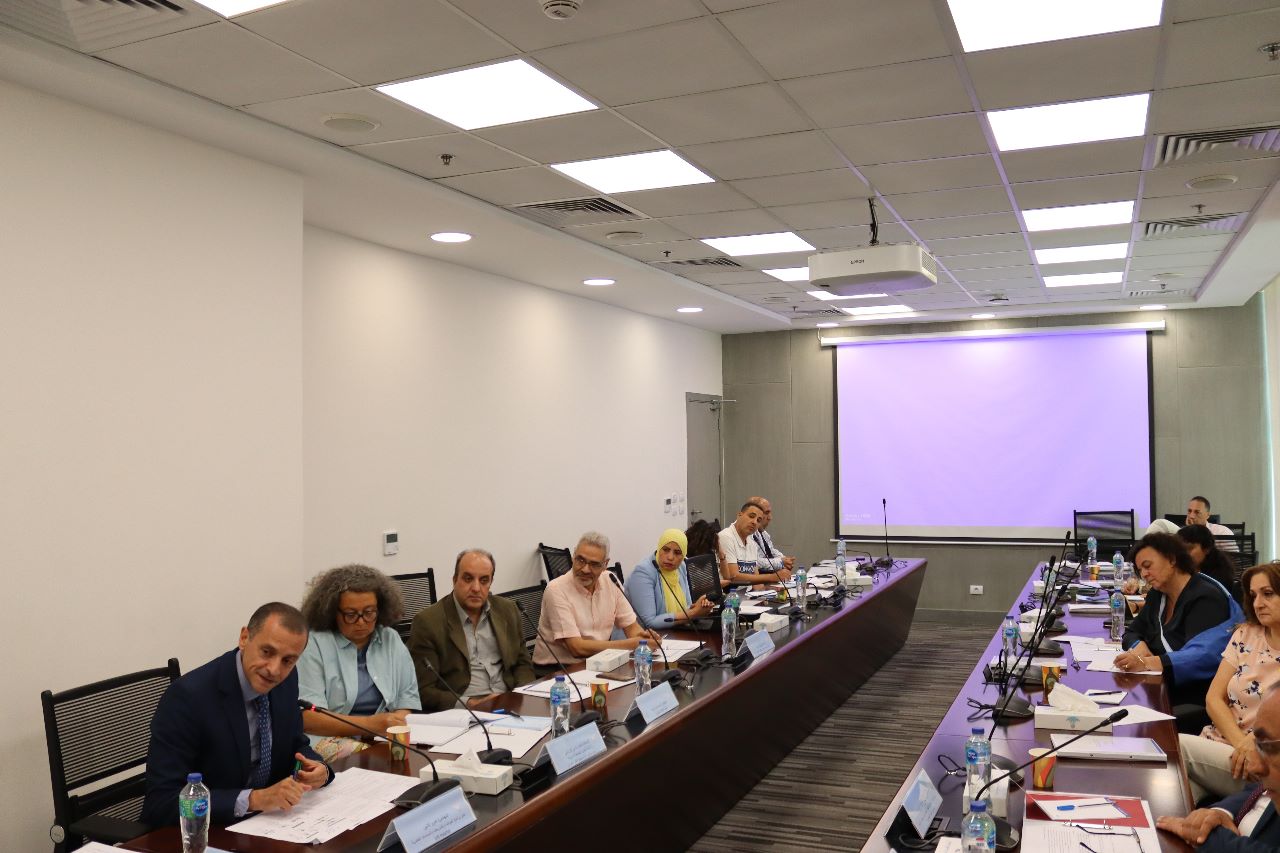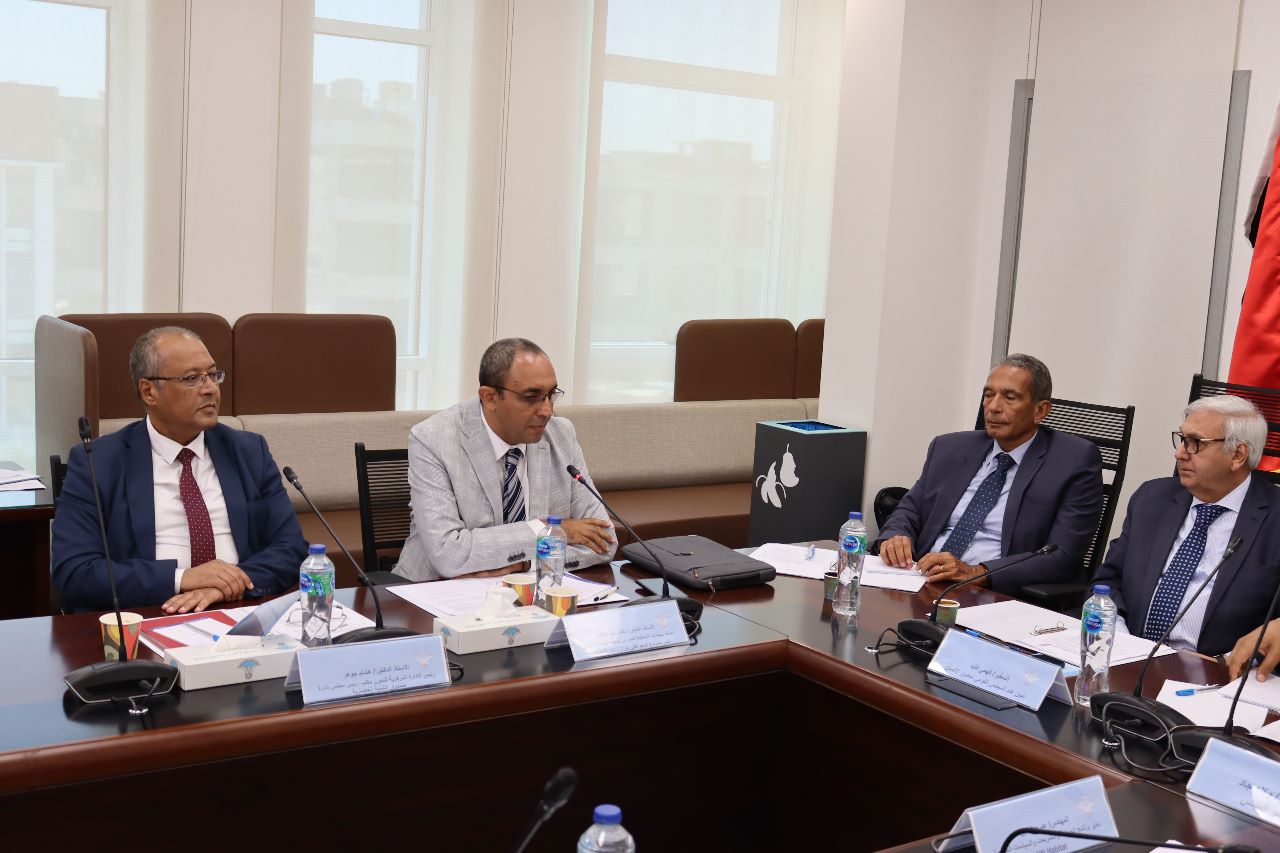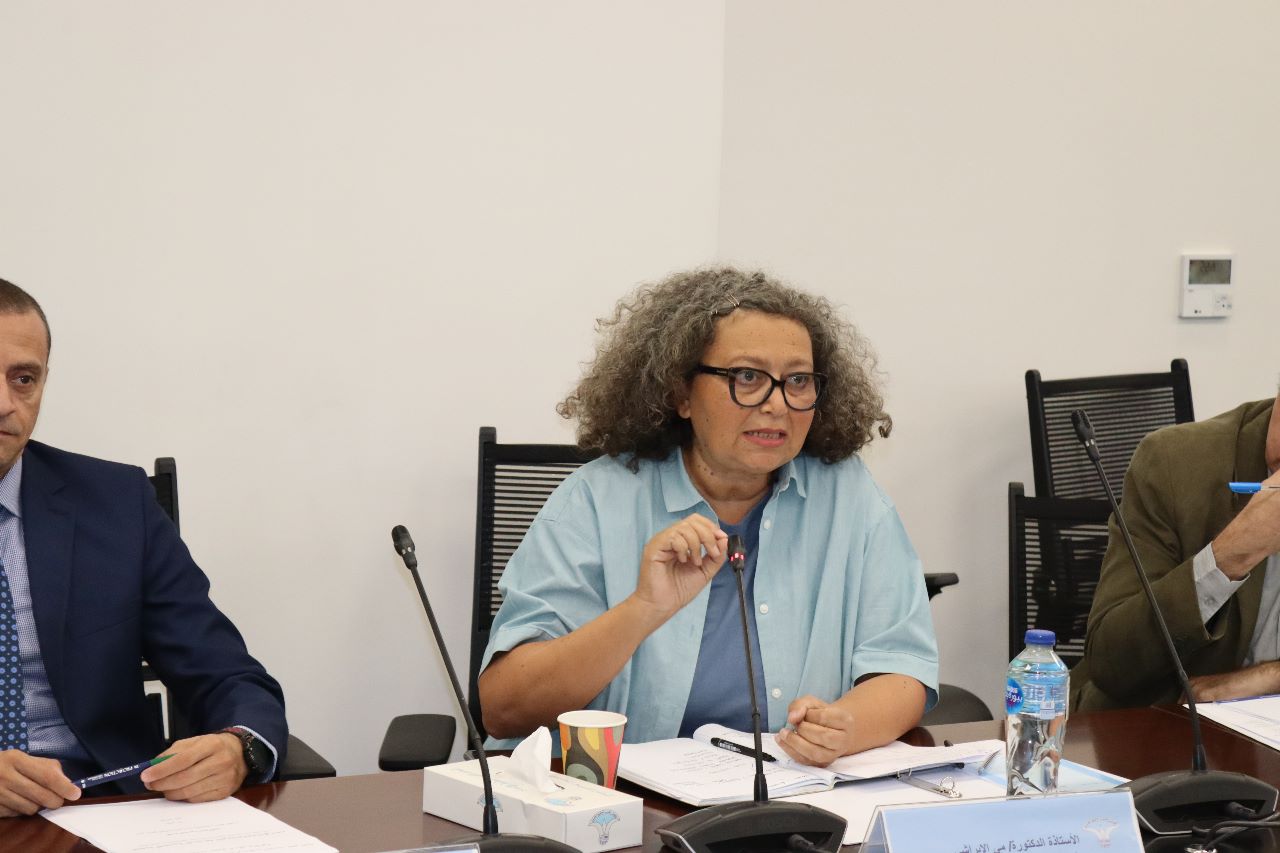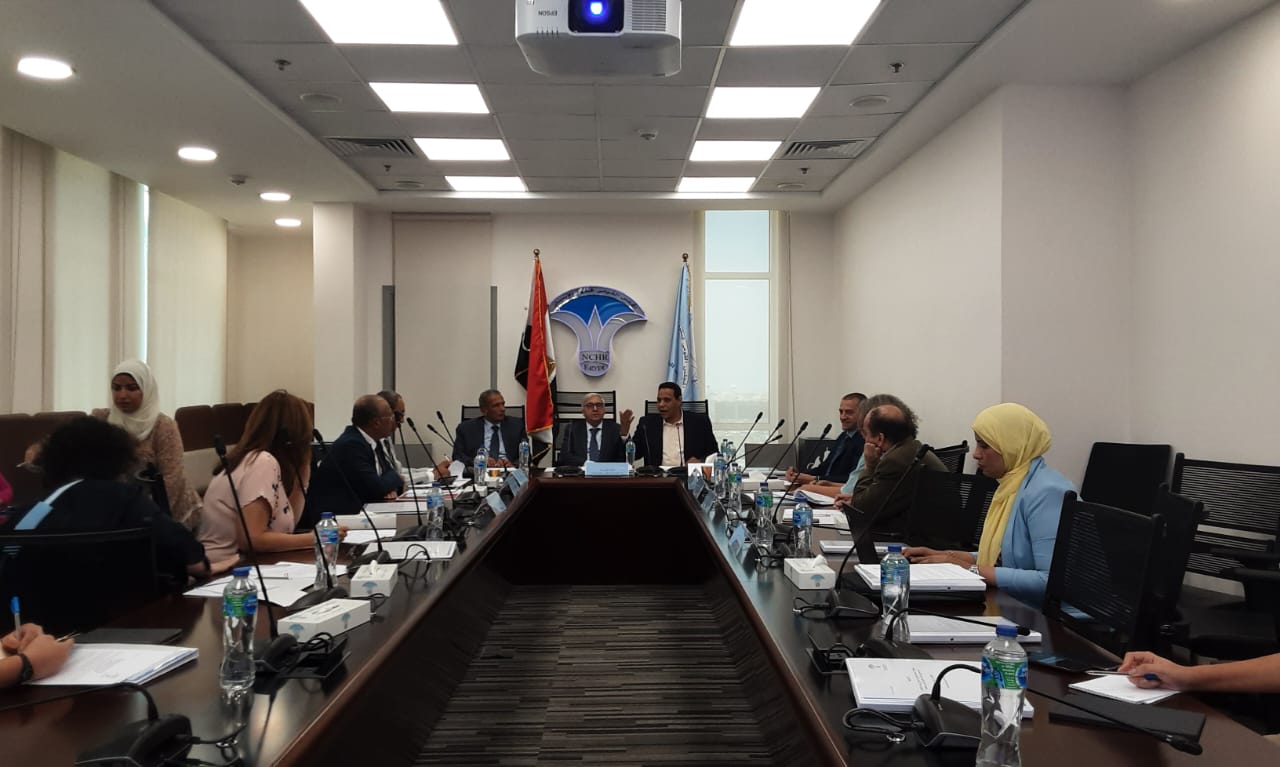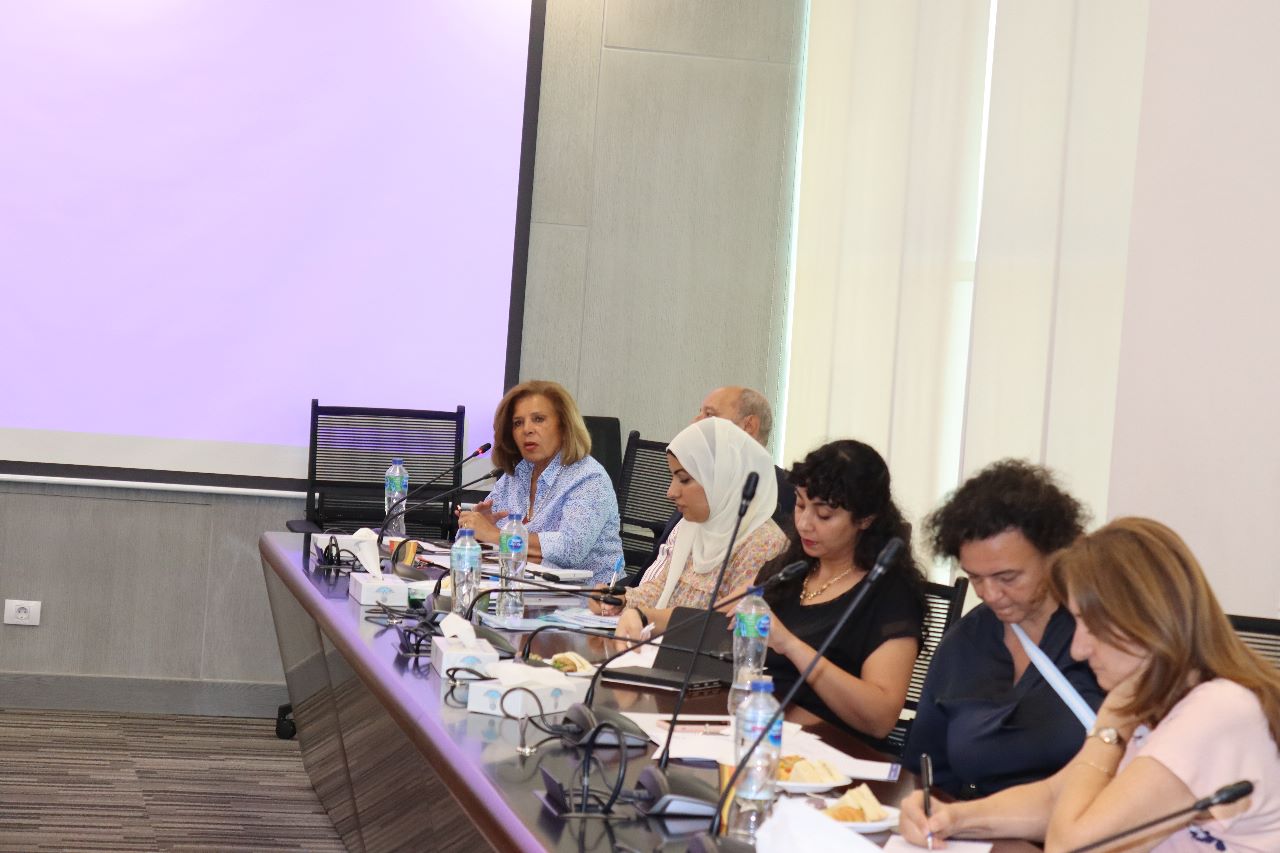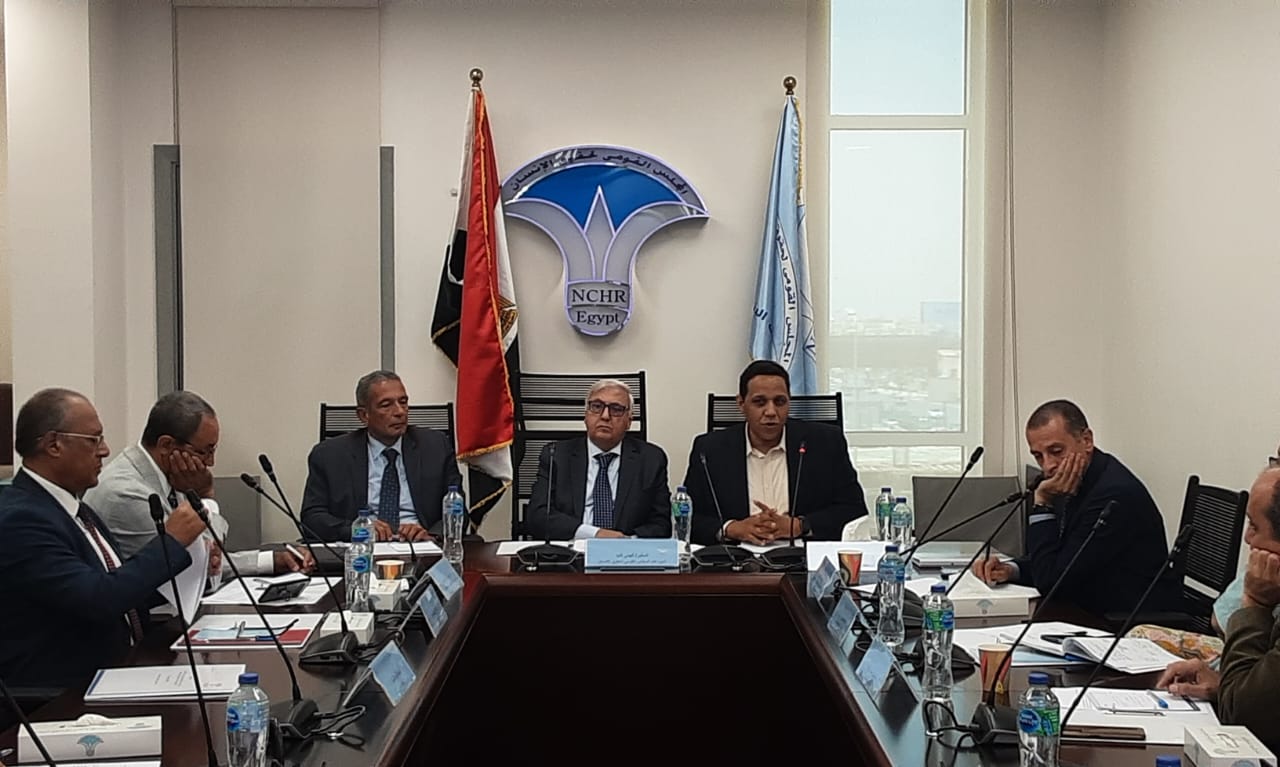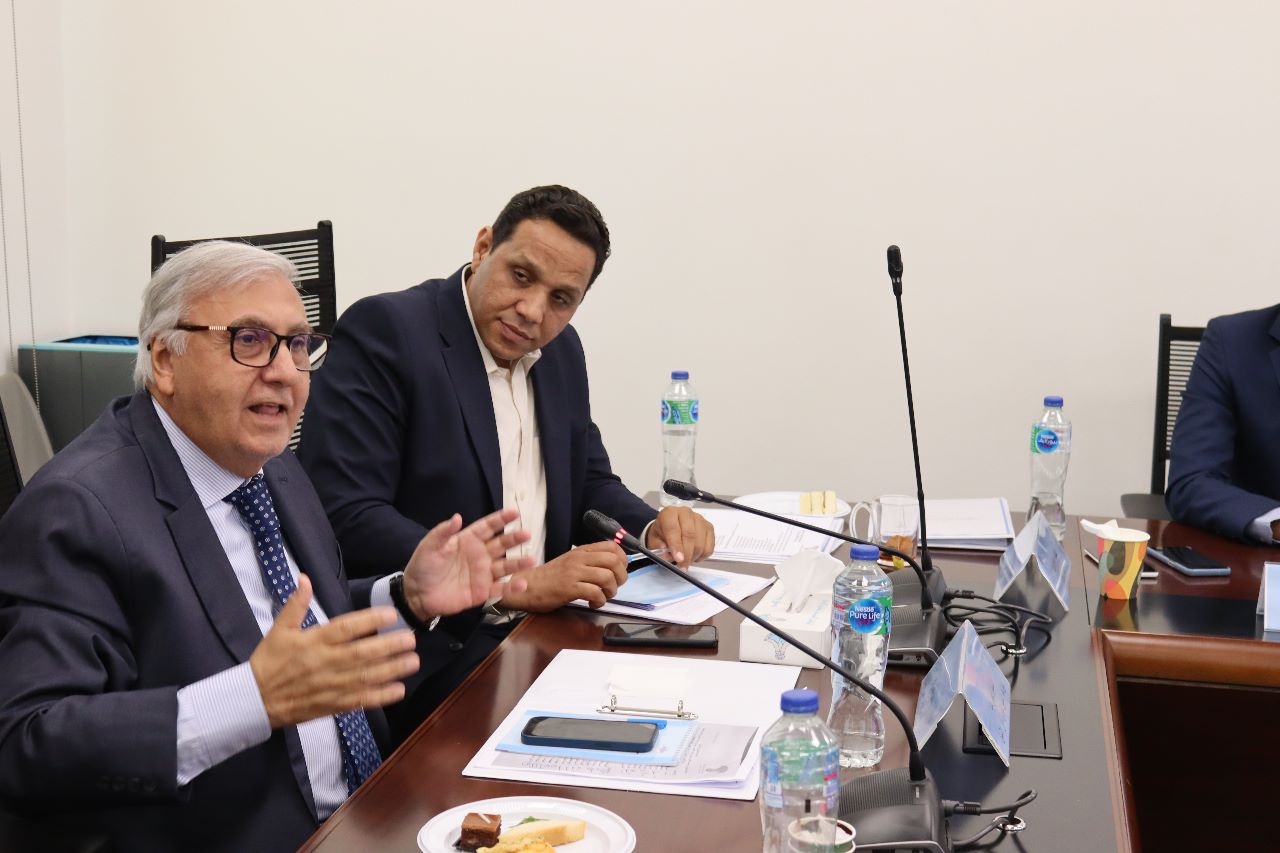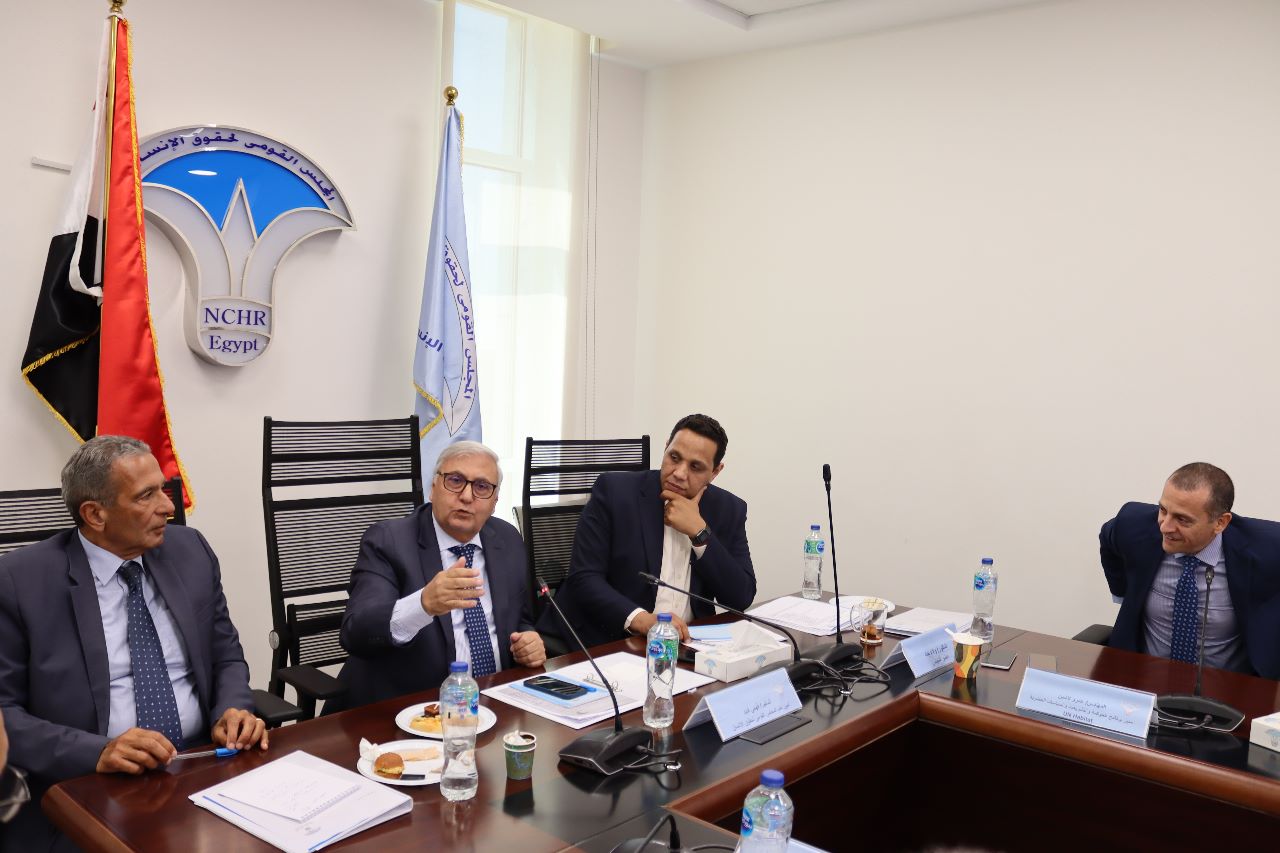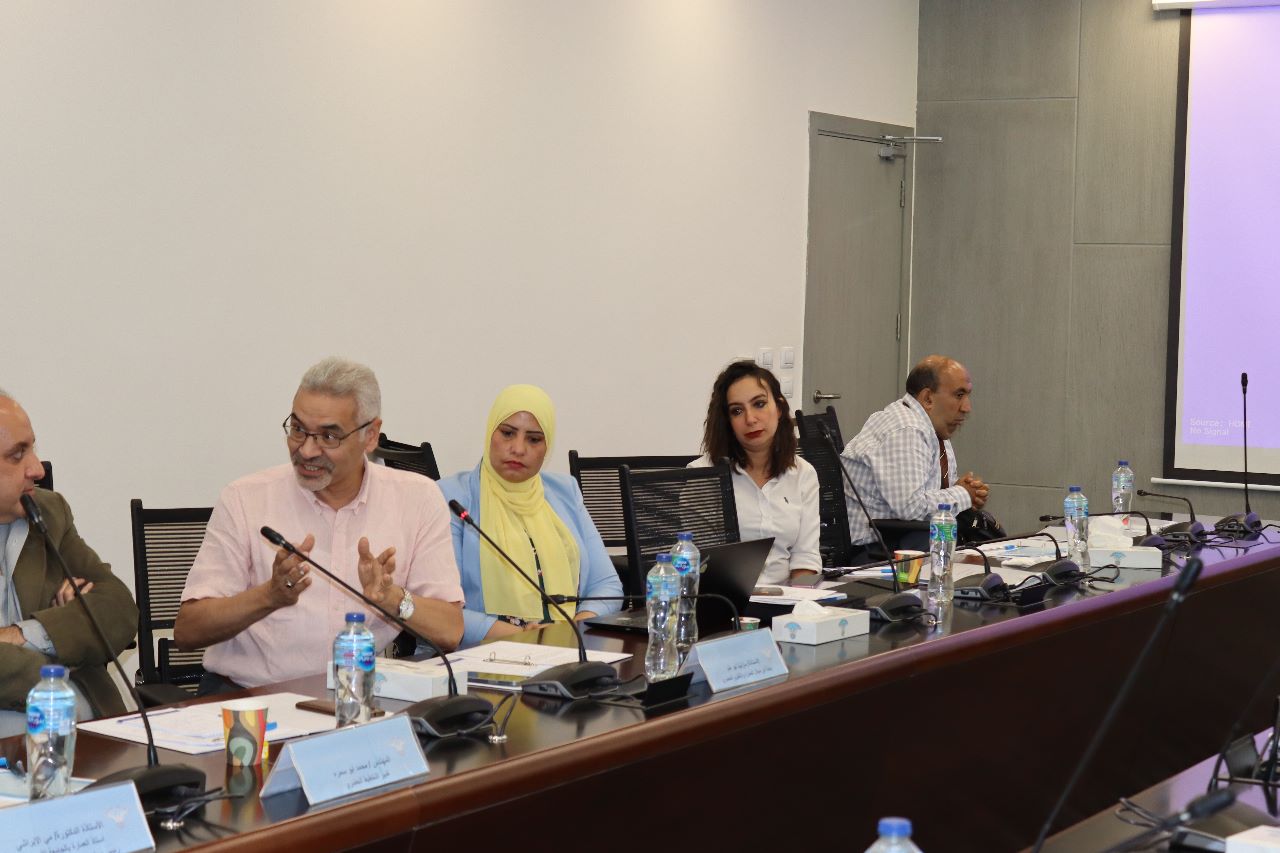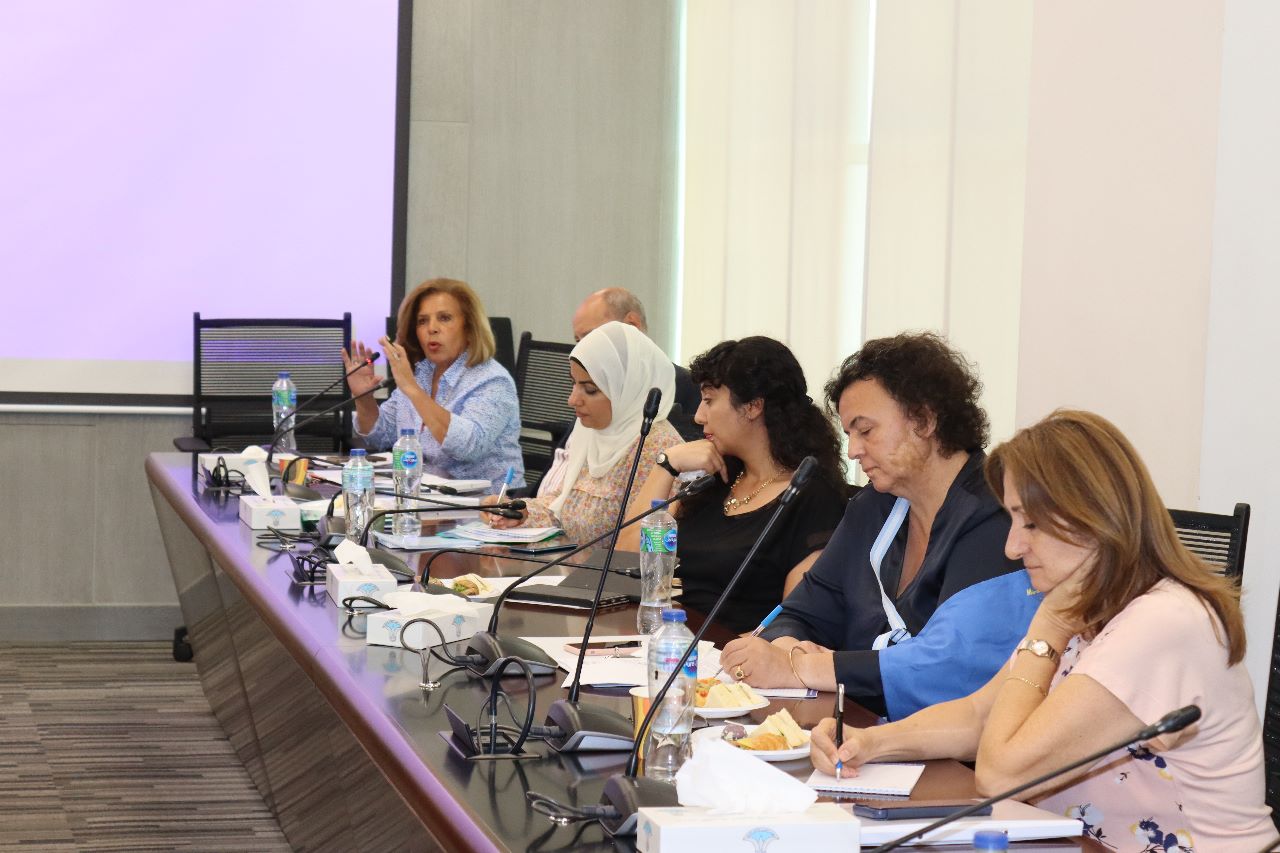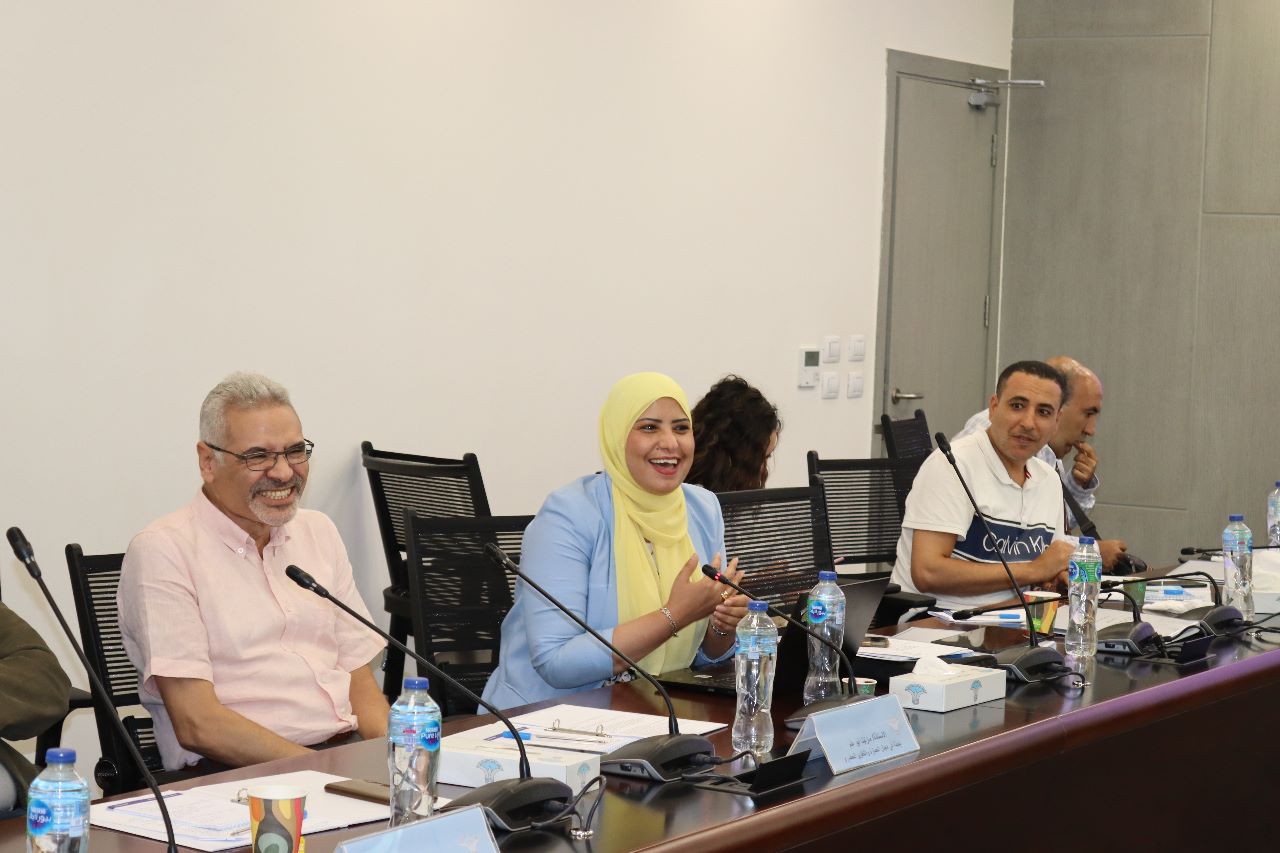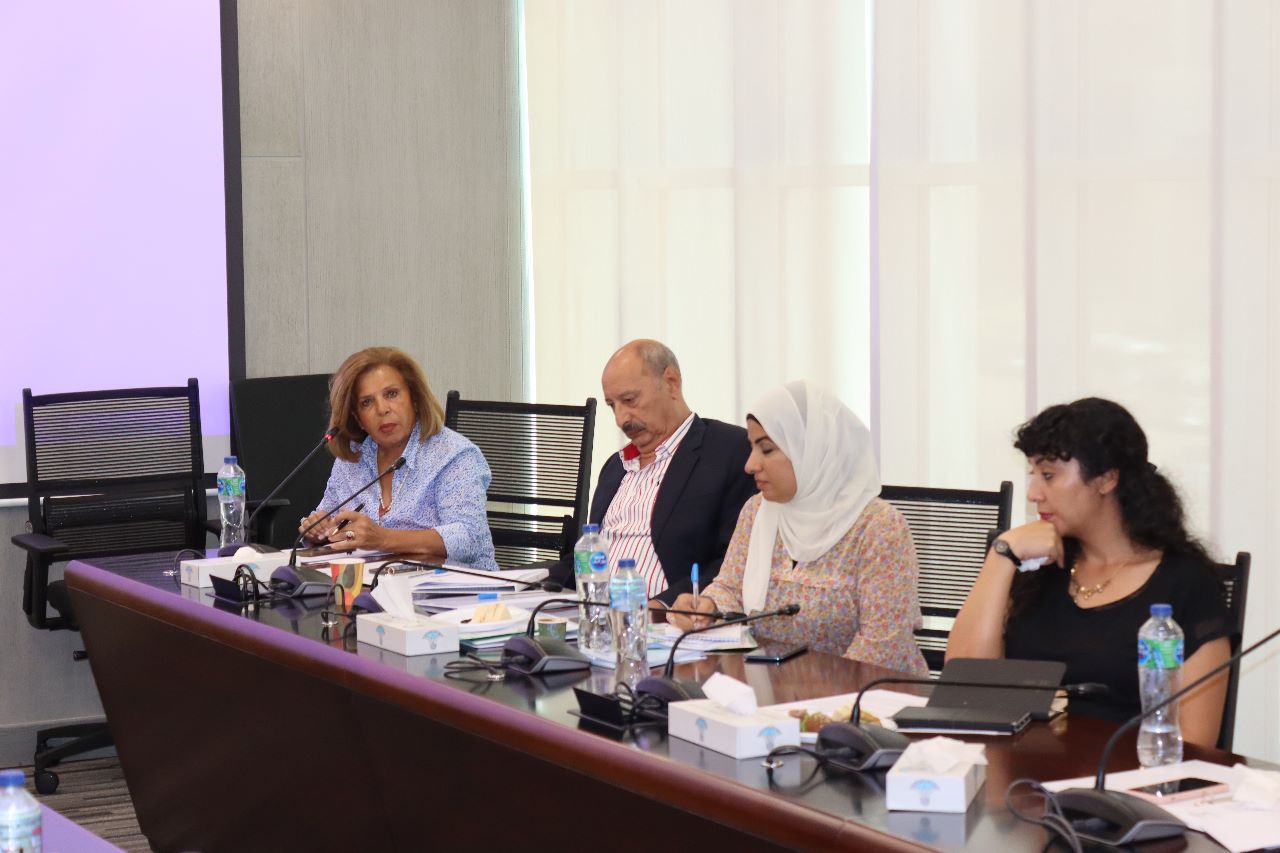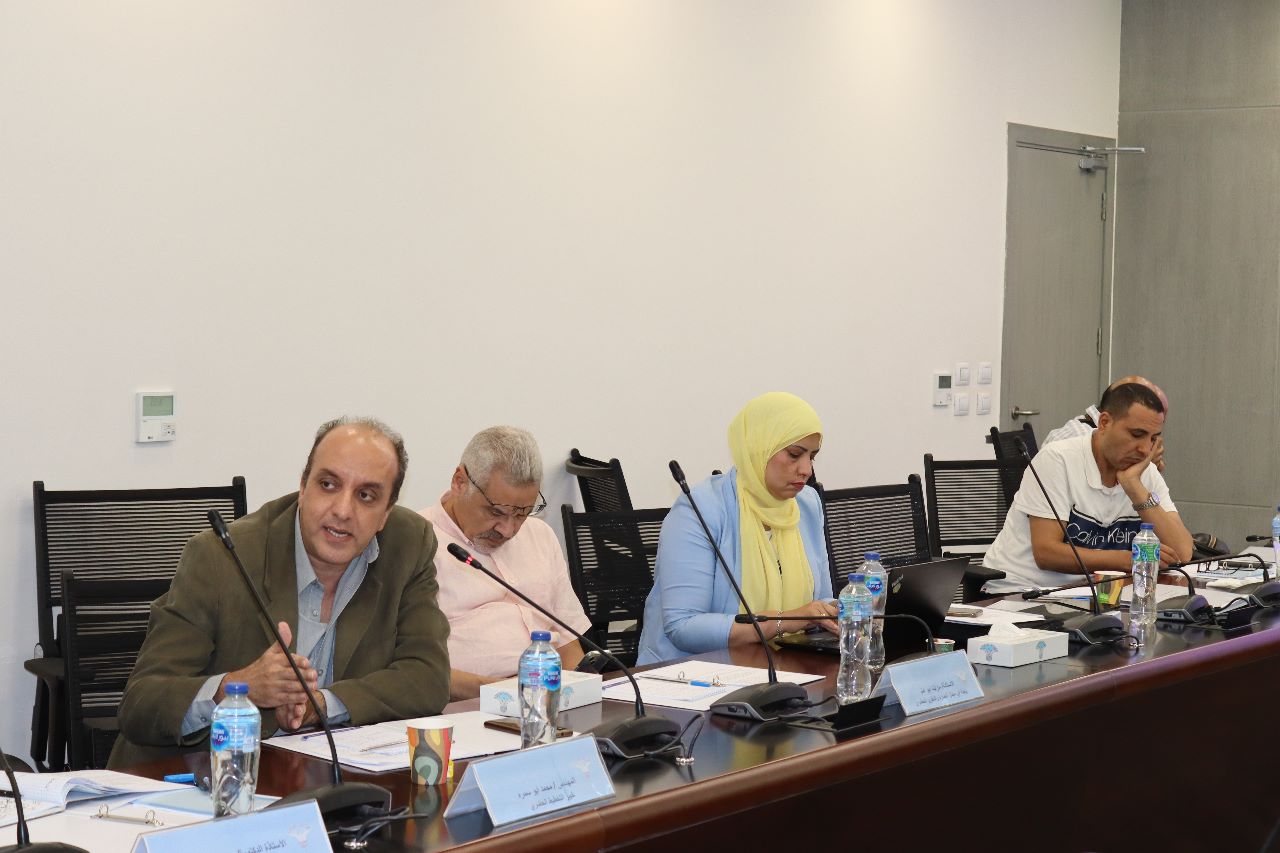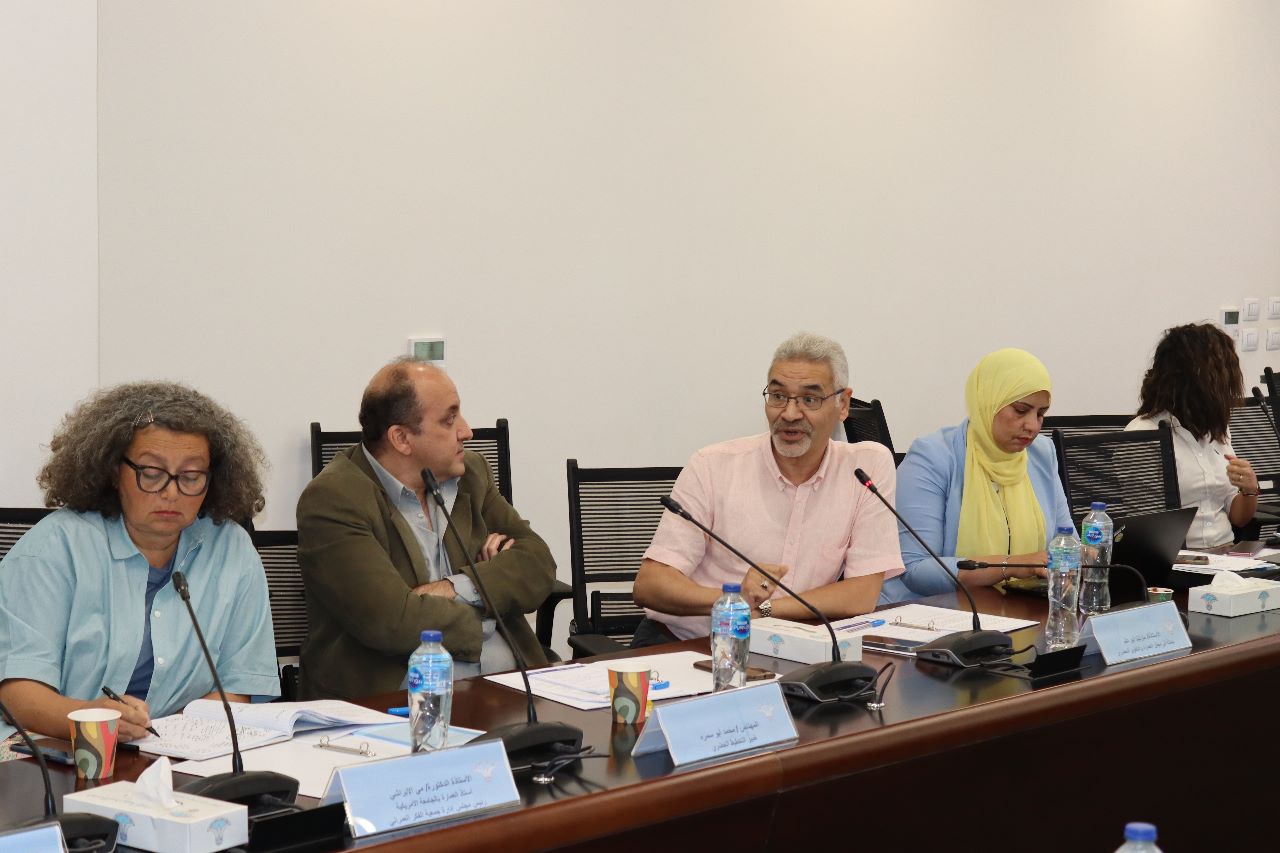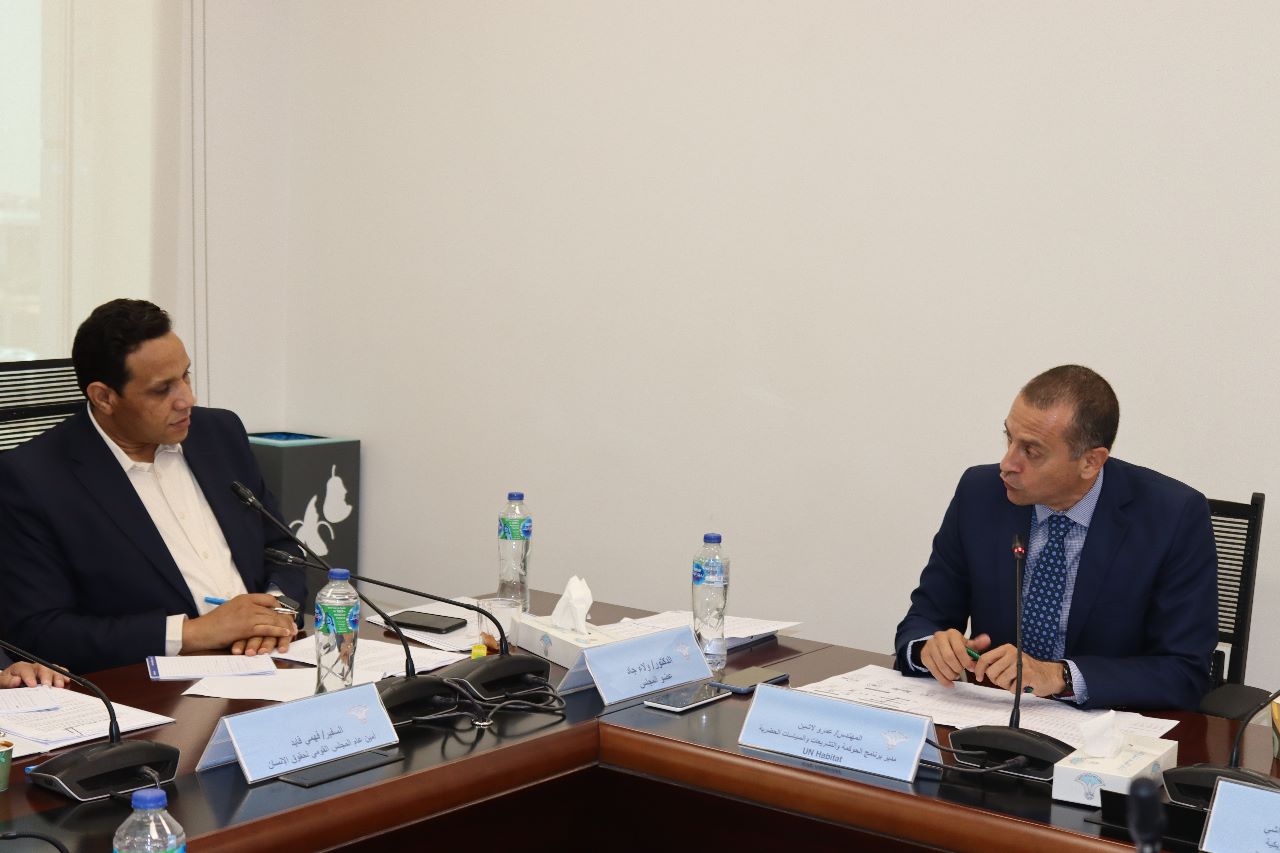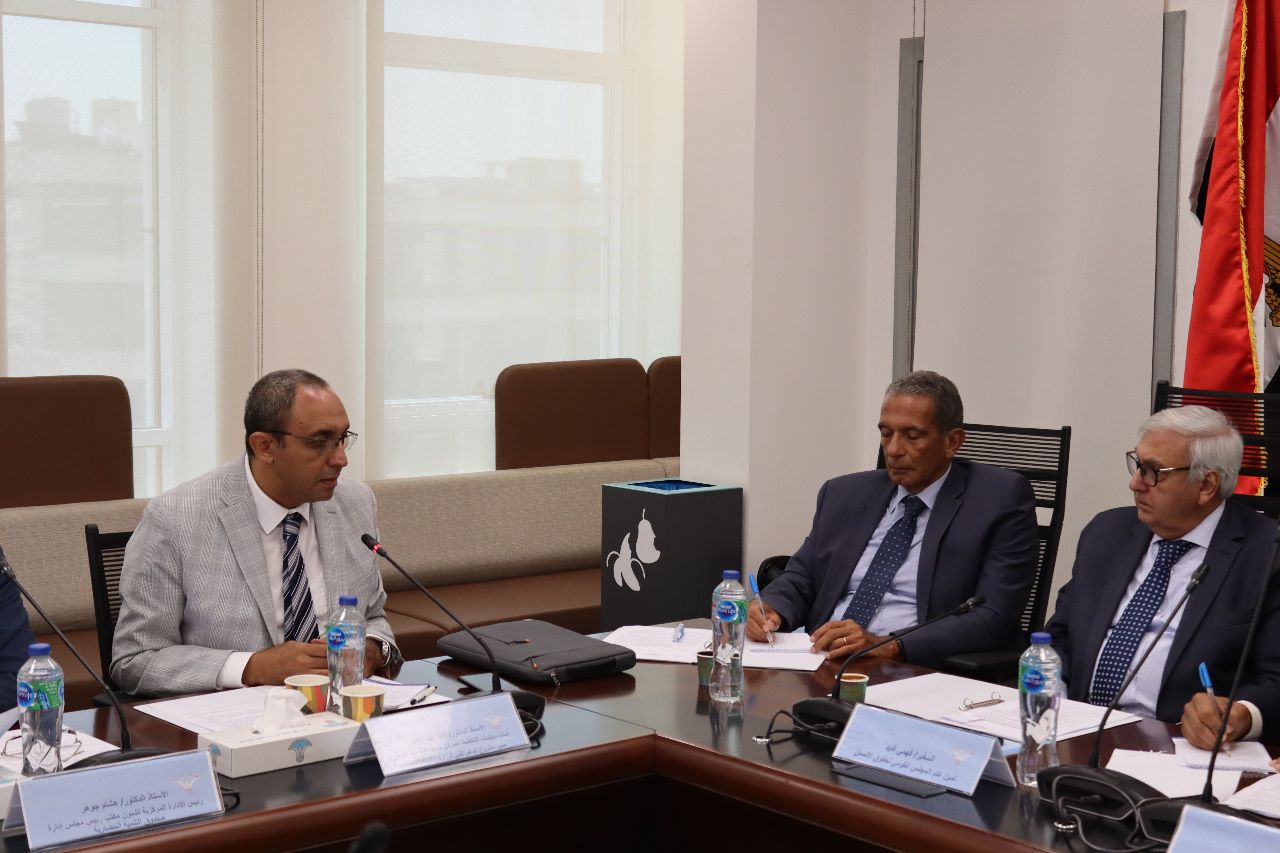The National Council for Human Rights discusses urban re-planning policies from a human rights perspective
Within the framework of the activities of the Social Rights Committee, the National Council for Human Rights (NCHR) held, on Monday, July 31, 2023, an expert meeting under the title "Urban Development Policies in Existing Cities: Towards Enhancing Guarantees of Housing and Property Rights", with the participation of government officials, representatives of UN and international bodies, civil society organizations, academics, NCHR members and researchers.
The meeting comes in the context of NCHR interest in promoting human rights standards related to the right to adequate housing stipulated in the International Covenant on Social, Economic and Cultural Rights, including the right to the city contained in the New Urban Agenda adopted by the United Nations and the United Nations Sustainable Development Goals.
The meeting was attended by Ms. Ambassador Moushira Khattab, NCHR President, Ambassador Fahmy Fayed, Secretary-General of NCHR, and both Eng. Amr Lashin, representative of the United Nations Human Settlements Program UN Habitat, and Eng. Hisham Gohar, representative of the Urban Development Fund, and Dr. Khaled Abdel Halim, Professor of Planning Policies and Program Manager Technical support of the Ministry of Local Development, Dr. May Al-Abrashi, Professor of Heritage Architecture and Chairman of the Board of Directors of the Urban Thought Association, in addition to representatives of Habitat for Humanity, a number of experts in urban planning and urban policies, and members of NCHR. The meeting was moderated by Dr. Walaa Jad Al-Karim, member of NCHR.
The experts discussed during for three hours urban development issues and policies in old cities, assessed the measures and initiatives taken by the state to develop slums, re-plan unplanned areas, and implement related infrastructure projects, in addition to identifying the most important legislative and institutional reforms required at the level of urban development policies for existing cities. In a way that enhances human rights guarantees related to housing and balances the considerations of addressing urban imbalances on the one hand, protecting the right to property and avoiding, reducing or fair compensation for losses and damages that may be exposed to those affected by these measures.
The participants also reviewed the most important results and lessons learned from the Egyptian experience in developing slums, expanding housing options, improving living conditions for residents of slums and unplanned areas, and dealing with heritage areas in the context of their urban and historical specificity and their economic and social value.
Participants stressed the importance of the role that NCHR can play as an independent national institution by continuing to raise and discuss aspects of urban development issues and re-planning policies, and to provide a platform that accommodates all stakeholders in government, civil society, academic institutions, international partners, and representatives of the population and affected groups or beneficiary of these policies.
The discussions also concluded with the importance of broad participation in discussing legislative amendments to the framework regulating unified construction in Egypt, and the need to develop legislation regulating expropriation for public benefit considerations and procedures regulating re-planning and building requirements in heritage areas, in addition to integrating economic, social and heritage dimensions into laws regulating impact assessment. environmental projects, as well as the need to build on good practices that have proven successful through some pioneering projects that have been implemented in cooperation between governmental and international bodies and civil society organizations during the past period and work to circulate them on a larger scale. The discussions also highlighted the importance of benefiting from the amendments that have already been made to a number of relevant laws and legislations, the most important of which is the general planning law and the development of institutional mechanisms to ensure integration between investment planning on the one hand and urban planning on the other.
The outcomes of the meeting emphasized the importance of the role played by the participation of stakeholders and the application of urban governance standards in reaching urban plans that are applicable, comprehensive, sustainable and responsive to human rights standardsز
It is worth noting that NCHR, through coordination between its specific committees concerned with social, economic and cultural rights and the Legislative Committee, adopts an integrated plan to contribute to the sustainable improvement of policies dealing with existing urbanization and urban planning responsive to human rights standards. A series of steps that NCHR is working to complete during the coming period, including expanding the circle of dialogue with stakeholders and working with legislative and executive institutions to develop the relevant regulatory and legal framework.





 English
English
 Arabic
Arabic
 French
French

